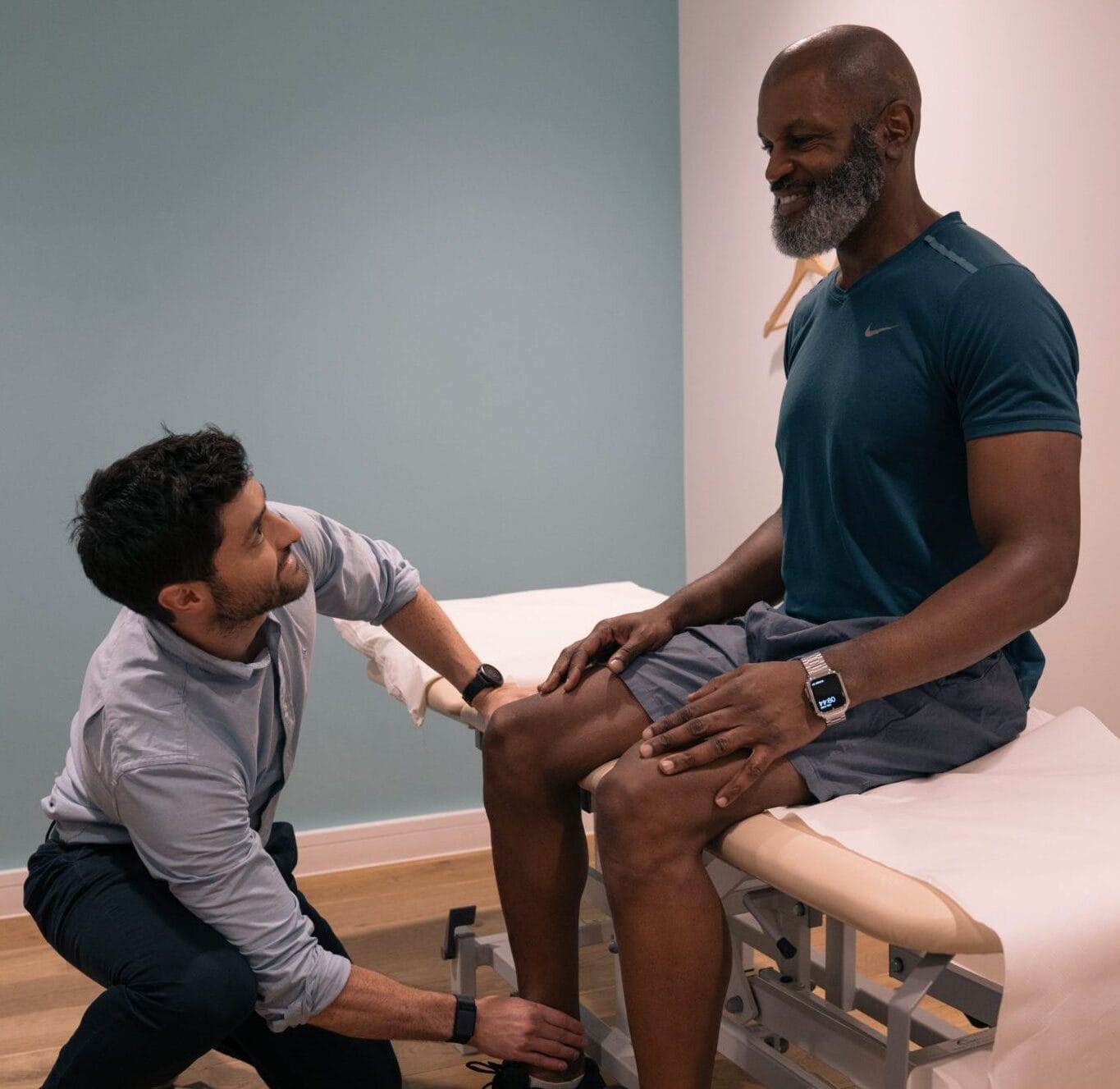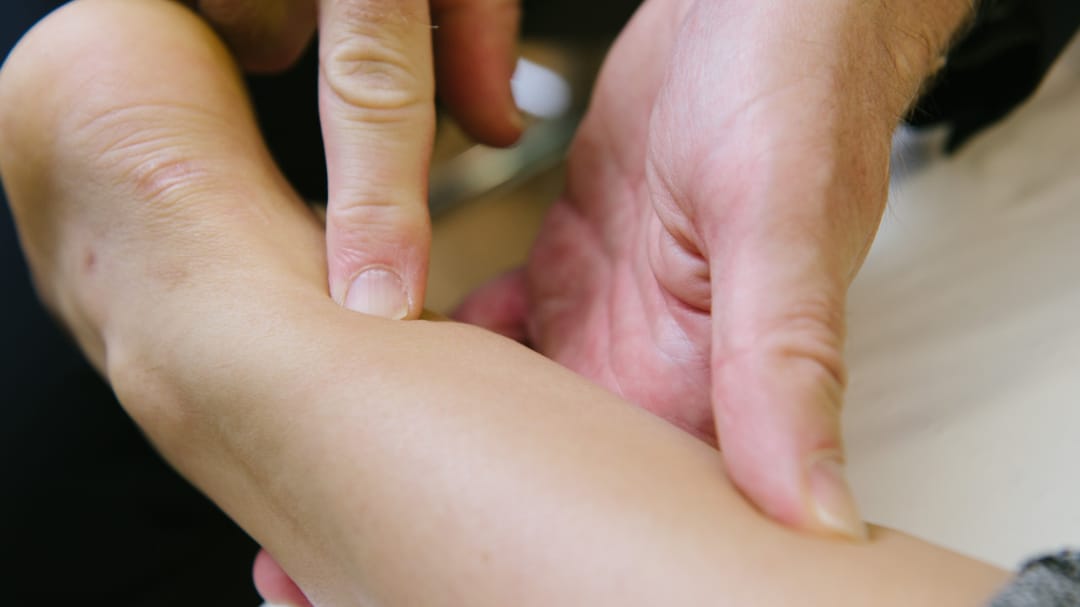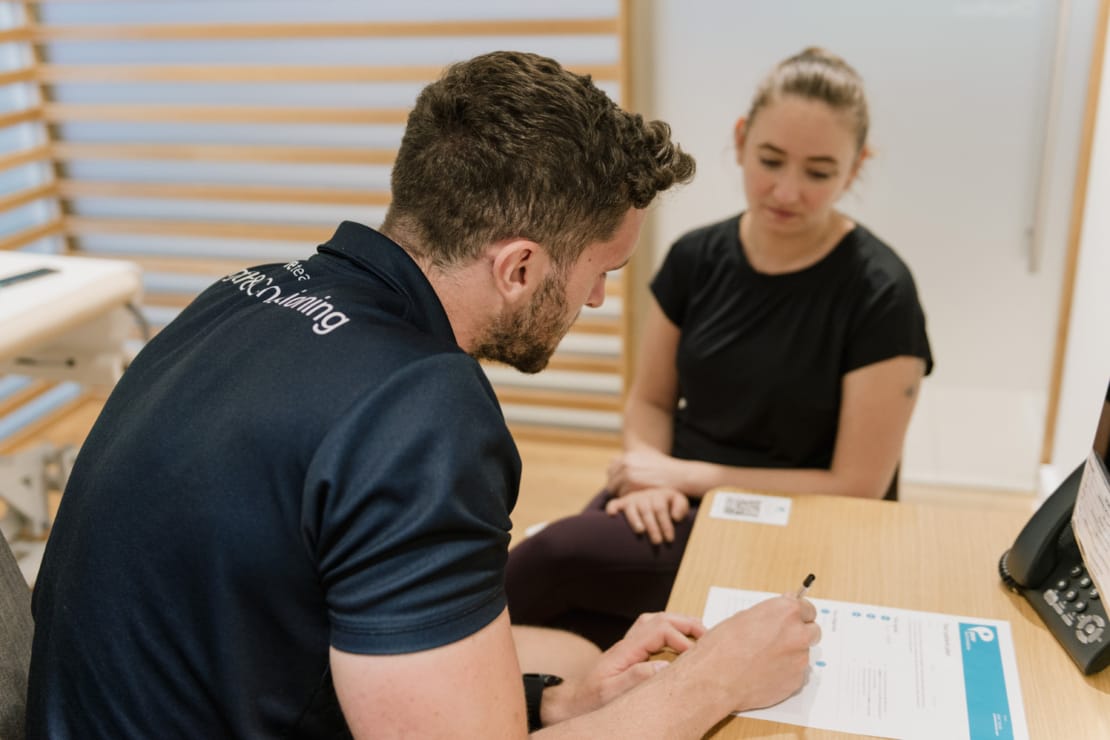One Year of Lockdown: Changes in Sports Medicine & Clinics

Dr Michael Burdon
Consultant in Sport, Exercise & Musculoskeletal Medicine
- 23 March, 2021
- covid-19
- 3 min read
We are now approaching one year since the first national lockdown here in London which began on 23rd March 2020.

Firstly I don’t think anyone could foresee the devastating outcome of the pandemic in terms of number of deaths and the overall number of cases too. My thoughts are with all of those who have lost a loved one or have been heavily impacted by the effects of Covid-19.
For those of us who have not been unwell or had close family or colleagues taken by the virus, it has been more a case of chronic stress and mental health impact that perhaps has been the issue. I also suspect that we will see many cases of Long Covid in times to come as well.
For the first 3 months of the pandemic my clinics were fully closed. They re-opened at the end of June. Since then we have been able to stay open – wearing PPE and ensuring safe practice – with a mixture of face-to-face and video consultations. At nearly a year on, I have been reflecting on what the pandemic has meant in terms of what conditions I have been seeing in clinic.
Firstly I have not seen any sports trauma or sport-related injuries – normally in winter and spring I would be seeing many ski-related injuries but of course without available travel or skiing itself, this is not happening. Football, rugby and other sports injuries from contact or training have also been very rare. However, I have been seeing many cases of back and neck pain, partly due to people working from home, sitting more and in some cases using inadequate equipment for home working safely.
The other main areas of injury relate to running. It’s clear that many people either started running or increased their running frequency in lockdown as a result of being at home more and having no gym access. As a keen runner myself, I’m certainly one of those people. Naturally, with the increase of recreational runners, there has been a noticeable increase in these types of injury I have seen in clinic.
Stress fractures perhaps represent the largest group of running related injuries I have seen. The bones that may be affected include the tibia(shin bone), metatarsals of the foot, hip, calcaneus(heel bone) and various others too. To find out more about stress fractures, click here.
Another running related issue seen is that of Patellofemoral pain. This is a condition when the knee cap/patella may irritate the underlying structures of the knee. Increased activity and inappropriate or poor footwear can cause this. Also, I often find that patients with running related injuries have weak gluteal muscles – this muscles in the buttock are very important for maintaining our leg stability, especially when running. In these cases pain will often be present when running or when loading the knee in a partially flexed position, such as being on stairs.
Some patients may also have pain sitting when quadriceps tightness becomes a factor. BUPA have some nice information on this as shown here.
Running is a great activity and, contrary to some beliefs, it has not been proven to cause osteoarthritis in the knee. Exercise is vital for health so if, for whatever reason, you are having issues or pain when exercising, then I recommend reaching out to a healthcare professional or booking an appointment for full assessment. I offer clinical ours at PSM Chancery Lane and Kensington Clinics and would be more than happy to help.
I expect that as lockdown eases there will be noticeable change in the conditions that Doctors and healthcare practitioners are currently seeing. Although of course running injuries will still be prevalent, there may be fewer.
We have lots to look forward to as lockdown eases and we can begin to pick up our pre-covid fitness hobbies and routines. Until then, keep doing what you can.
As always keep well, and happy exercise to all.

Advice
Over the last 20+ years our experts have helped more than 100,000 patients, but we don’t stop there. We also like to share our knowledge and insight to help people lead healthier lives, and here you will find our extensive library of advice on a variety of topics to help you do the same.
OUR ADVICE HUBS See all Advice Hubs

